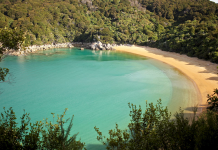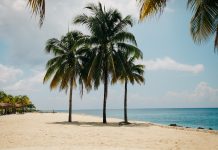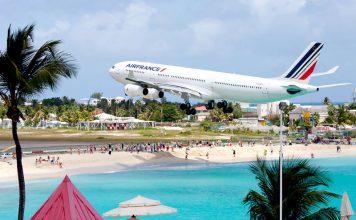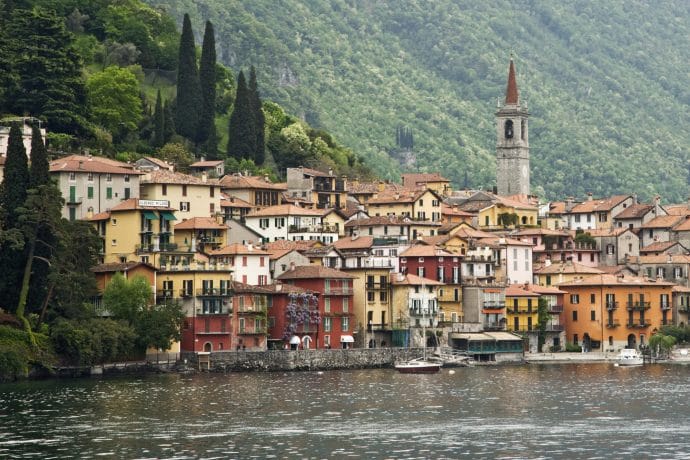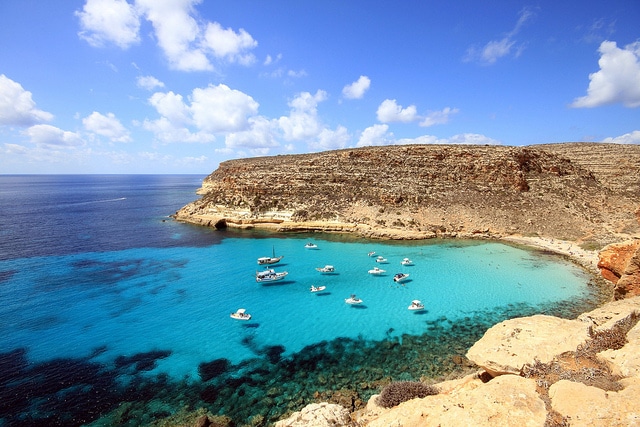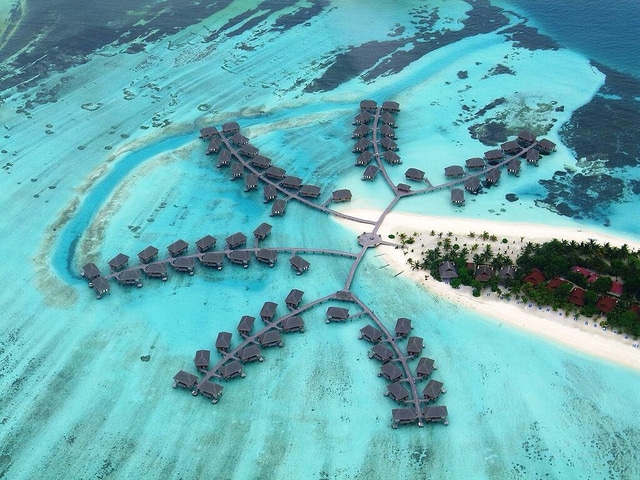Malta, the Mediterranean island, covers just over 316 kilometres squared, making it one of the smallest states in the world and the smallest member state of the European Union, by both population and size. It is situated 80 km south of Sicily, and 333 km north of Libya, and boasts not only of its Mediterranean lifestyle and climate, making it a haven for tourists, but also of a thriving economy, a forthright attitude in the financial services and also a SMART (Self-Monitoring, Analysis and Reporting Technology) island in the ICT sector.

It might be branded as the island with narrow meandering streets and mystical towns and villages. It boasts of its rich history and prehistoric remains, but Malta, has never stopped to look back. Time has definitely not stood still for this small island, which makes Malta a preferred location for business and holiday.
21st century technology
Dubbed as the “Smart Island”, Malta has fast become a hub for Information and Communications Technology Services; Financial Services and i-gaming. It ranked second most successful in the world in terms of promoting ICT by the World Economic Forum in 2007. Conforming to its mission to provide an efficient and effective information and communications technology infrastructure, Malta boasts of free and open Wi-Fi hotspots. These are provided free of charge in many fast-food restaurants and cafes as well as in many areas provided by the local councils of the towns and villages on the island.
Environmentally friendly
Well-known Maltese traits are their hospitality and friendliness. They are animal lovers and have, over the years become more environmentally-friendly, not only caring for their homes, but also about global warming issues and safe and clean environments. Malta is not only fully compliant with the EU’s Urban Wastewater Treatment Directive, stipulating that all wastewater must be treated prior to disposal at sea but is the first country in the Mediterranean and the seventh in Europe to treat all its wastewater. Moreover, according to the European Environment Agency (EEA) over 95 per cent of Malta’s bathing waters are of excellent quality, 3.4 per cent were found to be of good quality, and just 1.1 per cent are of sufficient quality. This means that all bathing areas are safe and clean.
Education
The Maltese have a very high regard for education and some 60 per cent of students remain in education up to tertiary level following academic or vocational courses. In recent years Malta has established yet another service to foreign visitors: the teaching of English language to foreigners. This has flourished into a new industry which combines the provision of services with tourism. One of the newest English language schools is Maltalingua, for example.
Health and Safety
Malta is safe at sea and safe on land. It has a low rate of crime. It has excellent medical facilities, boasting of a state-of-the-art general hospital. Medical services include well-equipped state and privately owned hospitals run by highly qualified doctors and staff. Reciprocal health care agreements exist between Malta and some countries, resulting in treatment at normal or no cost.
Nightlife
Malta: the only island in the world which offers idyllic spots where time stood still; areas packed of nightlife, partying and fun and yet its other facade – the industrious, professional high-tech and modern service provider.
Conclusion
The excellent climate, a highly-qualified and flexible work-force, a friendly, hospitable, multilingual people together with a safe and pleasant environment make Malta an attractive destination for investors and tourists and English language students alike.
More information about Maltalingua:
Maltalingua Ltd.
151, Birkirkara Hill
St. Julians
Malta
e-mail: [email protected]



